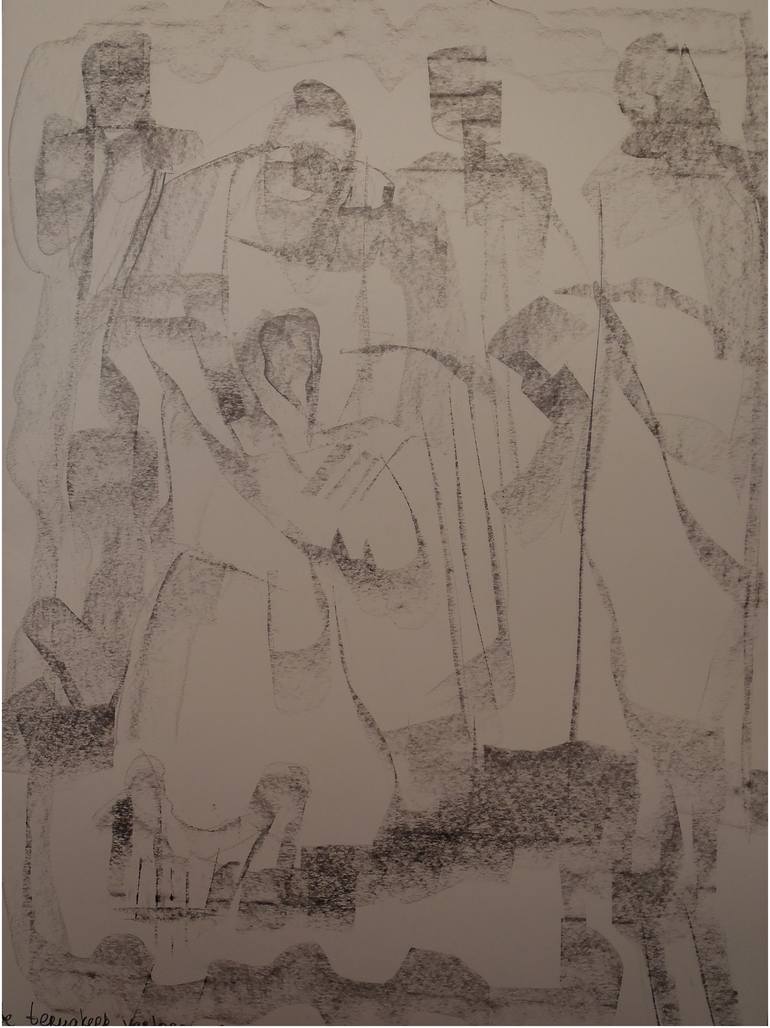


1506 Views
3
View In My Room
Drawing, Pencil on Paper
Size: 21.7 W x 29.5 H x 0.1 D in
Ships in a Tube
1506 Views
3
Artist Recognition

Artist featured in a collection
ABOUT THE ARTWORK
DETAILS AND DIMENSIONS
SHIPPING AND RETURNS
The parable begins with a young man, the younger of two sons, who asks his father to give him his share of the estate. The implication is the son could not wait for his father's death for his inheritance, he wanted it immediately. The father agrees and divides his estate between both sons. Both the ...
Year Created:
2016
Subject:
Mediums:
Drawing, Pencil on Paper
Rarity:
One-of-a-kind Artwork
Size:
21.7 W x 29.5 H x 0.1 D in
Ready to Hang:
Not Applicable
Frame:
Not Framed
Authenticity:
Certificate is Included
Packaging:
Ships Rolled in a Tube
Delivery Cost:
Shipping is included in price.
Delivery Time:
Typically 5-7 business days for domestic shipments, 10-14 business days for international shipments.
Returns:
14-day return policy. Visit our help section for more information.
Handling:
Ships rolled in a tube. Artists are responsible for packaging and adhering to Saatchi Art’s packaging guidelines.
Ships From:
Netherlands.
Need more information?
Need more information?
Paulus Hoffman
Netherlands
The painting as an act of understanding, as search for fulfillment. Emotions and anxieties, as well as pleasures, the sense of finiteness as well as the enjoyment of moments of eternity when the stream of life flows smoothly, these are the real sources from which Paulus Hoffman draws to create; constantly renewed attempts of transfiguration of reality into one beyond the light. Paulus Hoffman works and exposes in Netherlands.
Artist Recognition

Artist featured by Saatchi Art in a collection
Why Saatchi Art?
Thousands of
5-Star Reviews
We deliver world-class customer service to all of our art buyers.
Global Selection of Original Art
Explore an unparalleled artwork selection from around the world.
Satisfaction Guaranteed
Our 14-day satisfaction guarantee allows you to buy with confidence.
Support Emerging Artists
We pay our artists more on every sale than other galleries.
